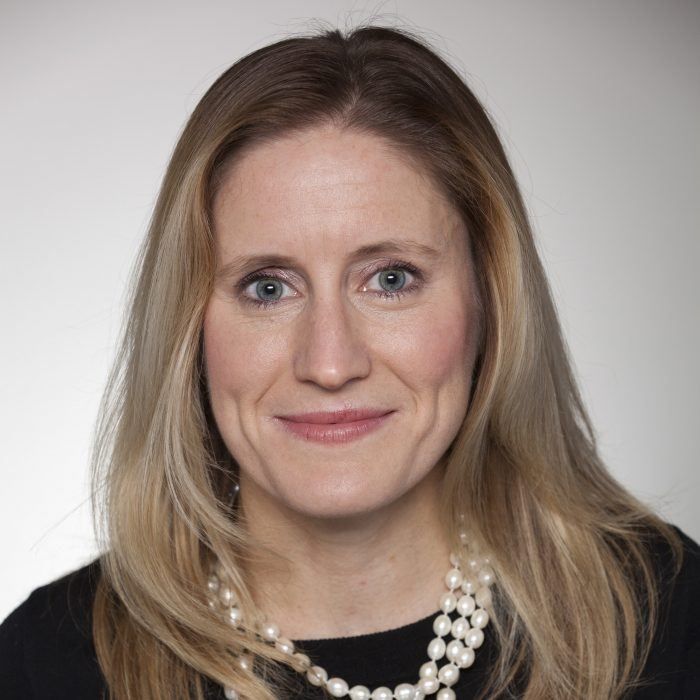1. Focus on meaningful interactions, like Health Risk Assessments (HRAs) interactions on your site. Interactions tell you more about customer intent, engagement, and conversions than traffic numbers. You can still monitor your organic traffic, but this information can help you understand how you're engaging consumers, too.
2. Include listings management in your healthcare organization's local SEO strategy. New research from Yext* reveals that brands limiting their information management to only a few major publishers see lower overall web performance from Google. The data, based on 620K+ locations managed within the Yext platform, shows that brands who appear across >75% of publishers in the Yext network measure a +186% increase in clicks to their websites from Google compared to those appearing on fewer publishers.
The data holds up within the healthcare industry, too. In healthcare, enterprise organizations who are synchronized across more than 75% of the Yext publisher network see an average 50% increase in Google website clicks. By managing your listings across as many publishers as possible, you might be able to recover more of your traffic.
Maximize your SEO efforts and your local marketing strategy by managing your listings for your organization as well as for your providers and facilities — across as many publishers as possible.
3. Start to look at your website pages as individual conversion opportunities. Each page should promote an opportunity to convert so as not to lose a patient. When someone does reach your site through organic search, this is a signal that they have high intent — and they're more likely to convert. Remember, in healthcare, the most expensive click is actually the 'back' button.
Make sure you have conversion opportunities on every page of your site, and have easy search and discovery tools for a higher engagement rate.
It can be frightening for any marketer to see traffic decline. But don't despair: there are still ways to rank well in SGE and AI Search. And once you understand why your traffic is declining, you'll realize that everyone is in the same boat. By continuing best practices for optimizing your digital presence, you'll be able to measure traffic accurately and make the most of the evolving search landscape.
*As the largest listings vendor, Yext helps thousands of multi-location brands manage their digital presence. This offers Yext the unique ability to conduct a study of this caliber using such a large, diverse data set. To ensure we took an unbiased approach, Yext analyzed more than 620k locations – across all geographies and brand types – that have been live on Listings for at least one year. Reference the full study for more details.

